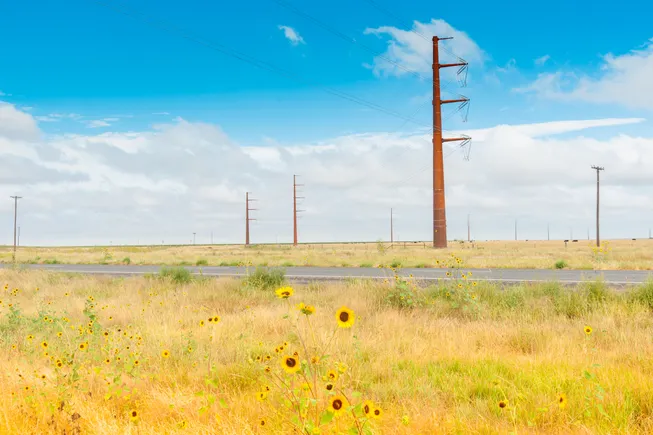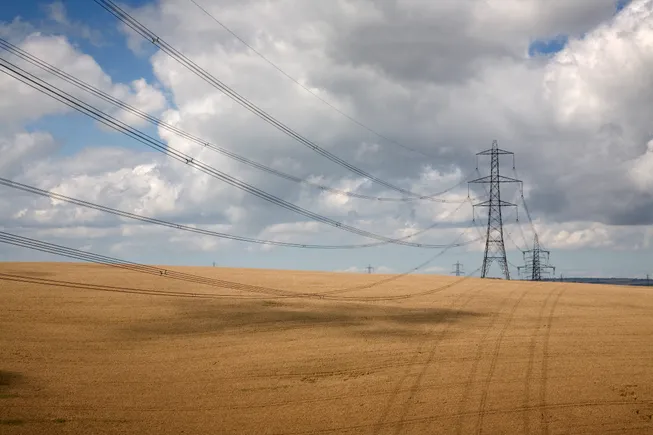This site uses cookies. By continuing to browse the site you are agreeing to our use of cookies.
All
Agriculture and Farming
Agriculture and Food News -- ScienceDaily
CropLife
Farming Today
Modern Farmer
National Sustainable Agriculture Coalition
At the Biennale in Venice, A Fantasy Island I...
May 8, 2025 0
How to Know if Toxic Sewage Sludge Has Been U...
May 8, 2025 0
Trump Officials Ask Texas Court to End Protec...
May 8, 2025 0
All
Autoblog
Autocar RSS Feed
Automotive News Breaking News Feed
Automotive World
Autos
Electric Cars Report
Jalopnik
Automotive News | AM-online
Speedhunters
The Truth About Cars
Akio Toyoda receives the Industry Leadership ...
May 9, 2025 0
We made history. We create the future: SEAT S...
May 9, 2025 0
MAN Charge&Go – New charging service for publ...
May 9, 2025 0
All
All Stories
All Stories
BioPharma Dive - Latest News
Breaking World Pharma News
Drugs.com - Clinical Trials
Drugs.com - FDA MedWatch Alerts
Drugs.com - New Drug Approvals
Drugs.com - Pharma Industry News
FDA Press Releases RSS Feed
Federal Register: Food and Drug Administration
News and press releases
Pharmaceuticals news FT.com
PharmaTimes World News
Stat
What's new
New technology facilitates delivery of advanc...
May 4, 2025 0
A candidate drug dismantles a metabolic barri...
May 4, 2025 0
Fungi dwelling on human skin may provide new ...
May 4, 2025 0
EMA Gender equality plan 2025 - 2030
May 8, 2025 0
All
Breaking DefenseFull RSS Feed – Breaking Defense
DefenceTalk
Defense One - All Content
Military Space News
NATO Latest News
The Aviationist
War is Boring
War on the Rocks
NATO Secretary General welcomes Germany’s new...
May 9, 2025 0
NATO’s Special Representative for the Souther...
May 9, 2025 0
NATO Deputy Secretary General reaffirms NATO’...
May 9, 2025 0
NATO Secretary General meets the Chancellor o...
May 9, 2025 0
All
Advanced Energy Materials
CleanTechnica
Energy | FT
Energy | The Guardian
EnergyTrend
Nature Energy
NYT > Energy & Environment
PV-Tech
RSC - Energy Environ. Sci. latest articles
Utility Dive - Latest News
Unlocking Long Life Aqueous Zinc‐Sulfur Recha...
May 10, 2025 0
Boosting Photocatalytic H2 and H2O2 Evolution...
May 10, 2025 0
Understanding Structural and Compositional Ev...
May 9, 2025 0
Molecular Bridging at Buried Interface Enable...
May 9, 2025 0
- Contact
- LIVE TV
- Agriculture
- Automotive
- Beauty
-
Biopharma
- All
- All Stories
- All Stories
- BioPharma Dive - Latest News
- Breaking World Pharma News
- Drugs.com - Clinical Trials
- Drugs.com - FDA MedWatch Alerts
- Drugs.com - New Drug Approvals
- Drugs.com - Pharma Industry News
- FDA Press Releases RSS Feed
- Federal Register: Food and Drug Administration
- News and press releases
- Pharmaceuticals news FT.com
- PharmaTimes World News
- Stat
- What's new
- Defense
- Energy & Water
- Fashion
- Food & Beverage
- Healthcare
- Legal
- Manufacturing
- Luxury
- Medical Devices
- Mining
- Real Estate
- Retail
- Science Journals
- Transport & Logistics
- Travel & Hospitality

















































































































































